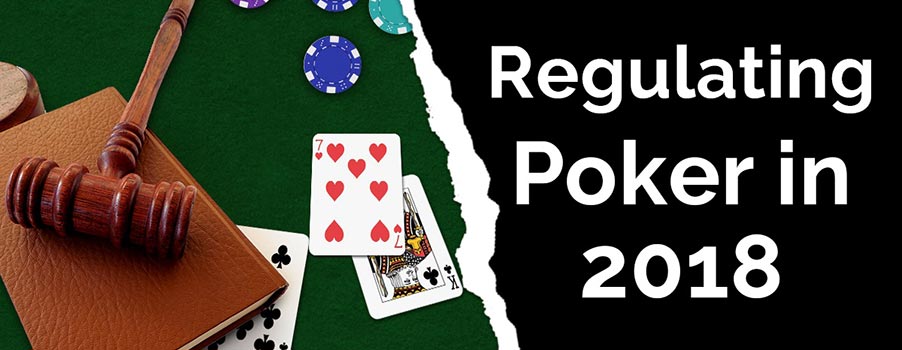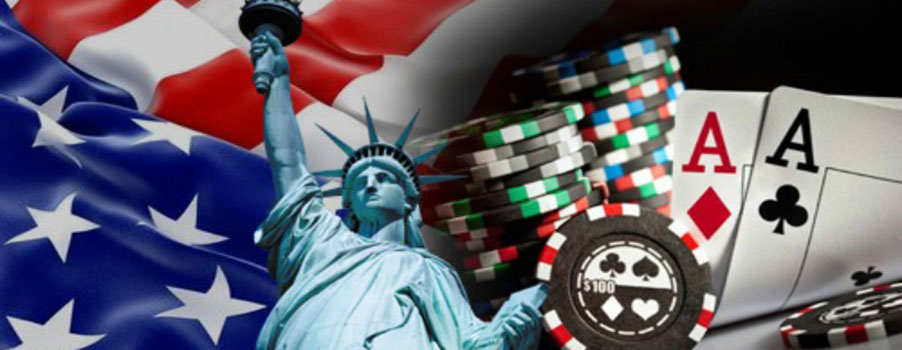British online casino brand 32Red had been slapped with a £2 million penalty for having failed to uphold the industry’s problem gambling practices. After a meticulous investigation conducted by the controlling body, the UK Gambling Commission (UKGC), have revealed that there’s still more to be desired when it comes to integrity from the industry’s best-known names.
The UKGC had been forced to pursue this course of action as a result of identifying 22 cases where the casino had failed to conduct basic money laundering checks or advise a customer exhibiting reckless gambling habits against playing, even though they had been reaching out with their qualms about their habits.
The investigation examined a period spanning the time between November 2014 and April 2017. During the said period, there had been multiple indicators that the customer exhibited symptoms of reckless gambling, which should have been looked into earlier.
In fact, 32Red only looked into the proceedings of the customer in January 2017 when the customer managed to win £1 million. The provenance of the customer’s money was also unknown, which indicated serious breaches in 32Red’s anti-money laundering practices.
All the Signs of a Problem Gambler
What’s unnerving on this particular occasion is that the customer may have been aware of his condition. On one occasion, he even shared with 32Red staff that he had wagered too much, which in turn failed to elicit an action from the operator.
When the operator finally began to examine its customer’s finances, it took it nearly five weeks and the produced written proof was disconcerting insofar as it showed volatile finances, but also glaringly indicated that the customer neither has the means to support his gambling habits and that he has far exceeded his net salary of £2,150.
His income in the submitted document was shown as £13,000 and at the same time, the average monthly deposits exceeded £45,000. Of course, some of this amount was won at the casino, but the UKGC has refused to accept the furnished proof as credible.
The UKGC was even tougher on 32Red, arguing that “The source of the customer’s wealth was not known to 32Red because they failed to fulfill their anti-money laundering obligations. We cannot comment on any other proceedings that may be active”.
UKGC Executive Director Richard Watson has been vociferous about the case arguing that what 32Red did was exactly the opposite of what they were supposed to be doing. A failure to help a customer and to check the origin of the money wagered indicated grave lack of accountability within the structure of the operator.
Furthermore, it showed that 32Red would only care to help its customers if they seem to be winning and willing to withdraw. Why was a check not initiated earlier but only after the customer managed to score £1 million is anyone’s guess, but if the answer is obvious, that doesn’t bode well for the operator’s reputation.
Meanwhile, the proceedings from the fine constitute £709,046 divestment of the financial gain, £1.3 million allocated to the National Responsible Gambling Strategy, and £15,000 covering legal expenses.










